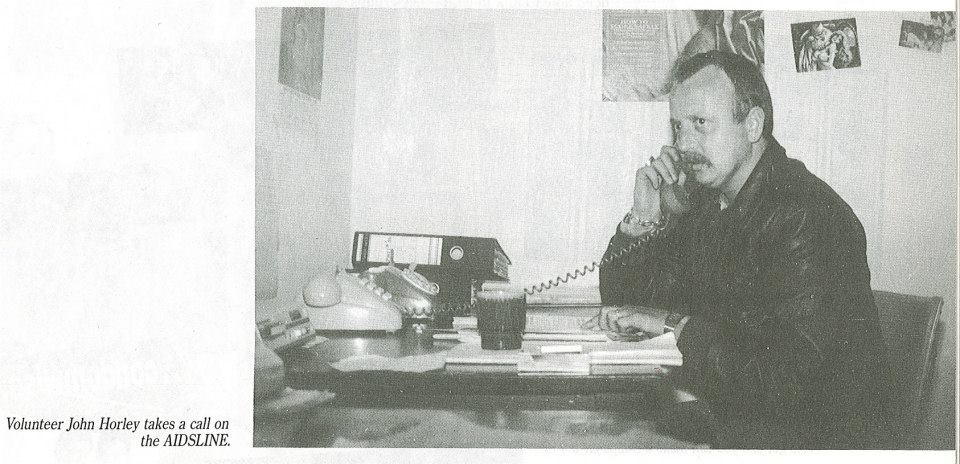… by Francesca Beddie
Dr Shirleene Robinson, Associate Professor, Macquarie University, delivered the 2018 Peter Tyler oration, named in memory of an indefatigable member of the PHA. Dr Robinson paid tribute to Dr Tyler, saying he embedded the best of the profession, with his dedication to doing rigorous history that could engage the wider public.
Dr Robinson’s oration was a compelling argument for the importance of intimate history as a strand in the national story, and for capturing the voices of the marginalised using oral history. Dr Robinson’s research interests include the life of lesbian and gay Australians over the past sixty years, HIV/AIDS histories, the history of childhood and broader LGBTIQ oral histories.
How lesbian and gays find relevance in national history is the underlying question in two Australian Research Council projects Dr Robinson is working on. The first looks at volunteers working during the HIV/AIDS epidemic; the second at gays and lesbians in the military since 1945. In both areas, gay men and lesbians made significant contributions, in spite of conditions in which their sexual preference was stigmatised if not outright criminalised.
Her approach to uncovering these stories is through a collaboration with the actors in these stories. Dr Robinson offers them shared authority through the dialogue created by the oral history interview. She shares drafts with her interviewees and consults them on the way exhibitions are mounted. The oral history interviews reveal more than what is actually said: the repetition of certain words, pauses in the conversation and tone can point to unarticulated preoccupations and emotion. Putting all this together makes it clear that for gay men in particular, the AIDS epidemic was, in the words of one interviewee, ‘our WWI’. From the first death in Australia in 1983 to September 1996, approximately 16,000 people were diagnosed with HIV, 7000 were diagnosed with AIDS and 5100 people died from AIDS-related causes.
As well as sound bi-partisan policy, volunteers from the stigmatised groups were essential to Australia’s success in responding to HIV/AIDs in the 1980s. Recording the history of that volunteer effort makes clear it also offers lessons for the broader volunteer movement, for example the importance of curbing people’s enthusiasm to help so that they do not burn out.
It was not until 1992 that lesbians, gays and bisexual people were able openly to serve in the military. For transgender people it was 2010. Nevertheless, since WWII many served secretly. That service is now being documented using oral history which in turn leads to other sources, for example photographs. Dr Robinson showed a number of photographs of lesbians serving, including a photograph of a women’s softball team, which is undistinguished from other photos from this time until its meaning is explained. Joining sporting teams was one way in which women in the military were able to meet other lesbians.
Inviting people to speak out now reveals the depth of prejudice LGBTIQ people have faced in Australia and is documenting the quiet revolution in attitudes over the last forty years. It reveals the wealth of talent that was lost during the years of prejudice but also shows the restorative potential of history.
Here are some of those sources:
Australian lesbian and gay life stories oral history project, National Library of Australia
The Australian Lesbian and Gay Archives is the biggest repository of historical materials about LGBTIQ experience in Australia. The Archives was established in 1978. It is a volunteer, community-based organisation.
Image courtesy of the Australian Lesbian and Gay Archives

Shirleene really brought out the importance and impact of oral history for marginalised communities, as well as for the often-overlooked work of volunteers. The transfer of custodianship of images and ephemera that comes through oral history interviews was another ethical element I hadn’t really thought through before either. It was certainly a lecture befitting the late, lamented Peter Tyler.